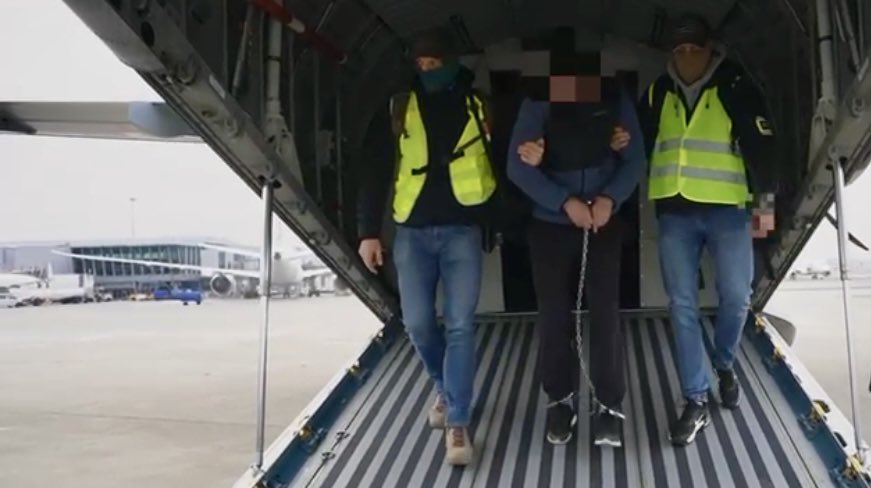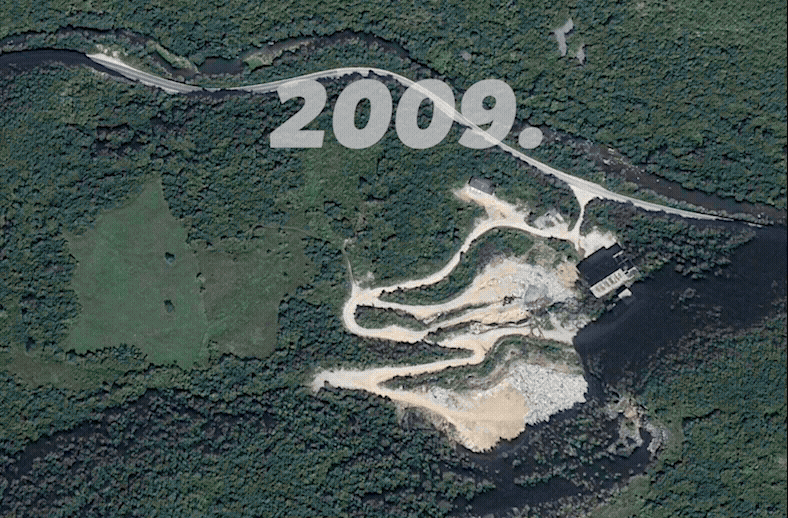This post is also available in: Bosnian
This August, for the fifth time, former detainees and families of victims gathered in Omarska, near Prijedor, to mark the anniversary of the closure of the infamous detention camp, announcing that they would unite in order to call on the local authorities to build a memorial centre.
In May 1992, Serbian authorities formed three detention camps in Prijedor municipality – Keraterm, Trnopolje and Omarska. About a thousand people were killed in Omarska, which many former detainees recall as the worst of all. The detention camp was closed on August 6, 1992. On that day, every year, people from Prijedor, north-west Bosnia,recall the terrible events that occurred there in 1992.
“We have decided to commemorate the victims and visit the detention camp in order to try to understand, to some extent, what those people suffered in the course of 1992,” a former detainee Edin Ramulic,of the Izvor Association from Prijedor, said.
However, camp survivors have encountered strong resistance to their plan from authorities in the Republika Srpska, of which Prijedor has been a part since the 1995 Dayton peace deal.
In 2004 they put forward an initiative for building of a memorial, but it did not produce any results. They reactivated the idea this year. In May, they formed an initiative board for the establishment of a foundation, which would become involved in building the memorial centre.
A conference has also been announced for later this year in order to discuss, among other things, the detention camps in Prijedor area and post-war activities related to the facing up to the past in this region. Pending approval of the site’s current owner, the conference is to take place in the premises of the former detention camp.
Omarska camp was set up in a mining complex in Omarska village, near Prijedor.
Most detainees were held at one of four locations: the administrative building, where they were examined; 37 female detainees were held in this building; the garage or hangar; the building known as the Bijela kuca (White house), in which many detainees were tortured and beaten; and the asphalted area between the buildings, which was known as Pista (Runway).
There was also a small building, known as Crvena kuca(Red house), to which detainees were taken and often killed.
Sixteen years on, camp survivors and families of the killed detainees gathered again in front of and inside these premises.
“I came here because of my brother. He was a sportsman. He was taken from his apartment in early August. He was killed in Hrastova glavica,” Emir Alibegovic said.
The former detention camp buildings now belong to the Mittal Steel mine, in which production has started again. For several years, former detainees had to struggle even to obtain permission to enter Omarska. In 2007, they finally won the right to go inside and visit the former detention camp premises every year on August 6.
As part of the memorial activities, the group visited one of the biggest mass graves in this area, Hrastova glavica, which was found in 1998. The bodies of 124 detainees killed in Omarska and Keraterm were exhumed from this grave.
The Court of Bosnia and Herzegovina pronounced a first instance verdict, sentencing Zeljko Mejakic to 21 years’ imprisonment, Momcilo Gruban to 11 years and Dusko Knezevic to 31 years for crimes committed in Omarska and Keraterm detention camps.
After Dusan Fustar admitted guilt, the State Court sentenced him to nine years’ imprisonment for crimes committed in the course of 1992.
Aida Alic is BIRN – Justice Report journalist. . Justice Report is BIRNonline weekly publication.



